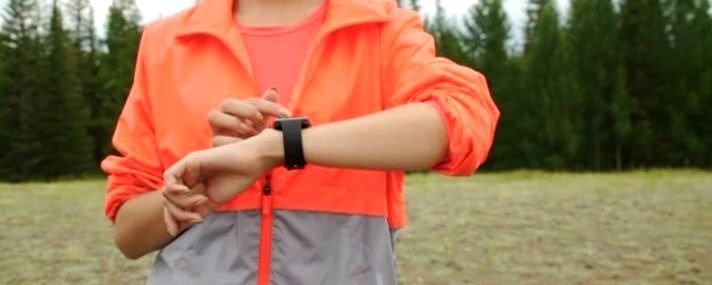Fitbit’s New Device for Kids is Extremely Problematic—Here’s Why
Citing rising “childhood obesity rates,” Fitbit is set to launch the Fitbit Ace this spring, a device meant for children. The $100 device will allow kids eight and older to track their steps, along with “an occasional reminder to get off the couch.”
Parents will be allowed to create family accounts to keep tabs on all connected Fitbits, approve kids’ incoming friend requests, and directly monitor how many steps their children are taking. According to a report, kids won’t be able to see calories burned or body fat percentages but they can keep track of each step they take.
Attaching a numerical value to health and allowing parents to monitor their kids’ every step is troubling to say the least. Victims of weight stigma report physicians and family members are the most common source of weight bias. Among family members, weight-based teasing and diet talk are linked to binge eating, weight gain, and extreme weight control behaviors.
Plus, body image concerns often begin at a young age and endure throughout life. By age six, girls especially start to express concerns about their own weight or shape, and 40-60% of elementary school girls (ages six-12) are concerned about their weight or about becoming too fat.
Furthermore, over one-half of teenage girls and nearly one-third of teenage boys use unhealthy weight control behaviors such as skipping meals, fasting, smoking cigarettes, vomiting, and taking laxatives. While there is no single cause of eating disorders, research indicates that body dissatisfaction is the best-known contributor to the development of anorexia nervosa and bulimia nervosa.
Children should feel free to move their bodies at their own pace, not to keep up with a fitness device and compete with their peers. Childhood is an already difficult and complex time both mentally and physically. Fitbit Ace will be one more product insinuating that kids’ bodies should be monitored and tracked.
What is “healthy” looks different on everyone—and while moving your body is good and necessary, encouraging vulnerable young people to track their every step is playing with fire.





